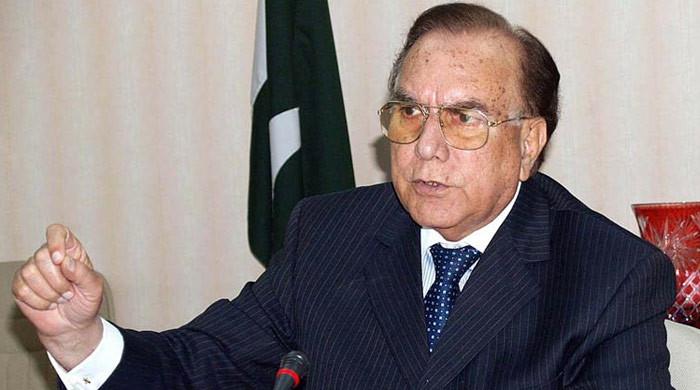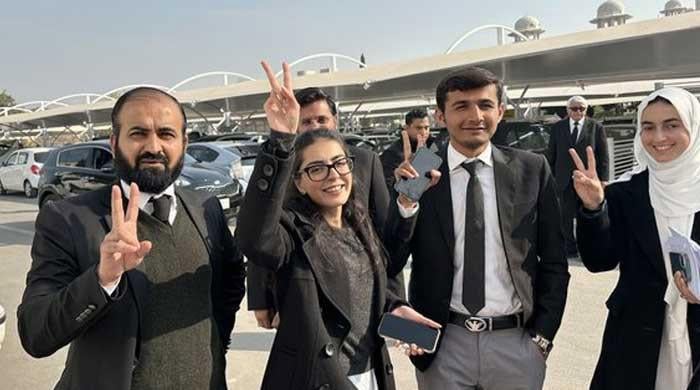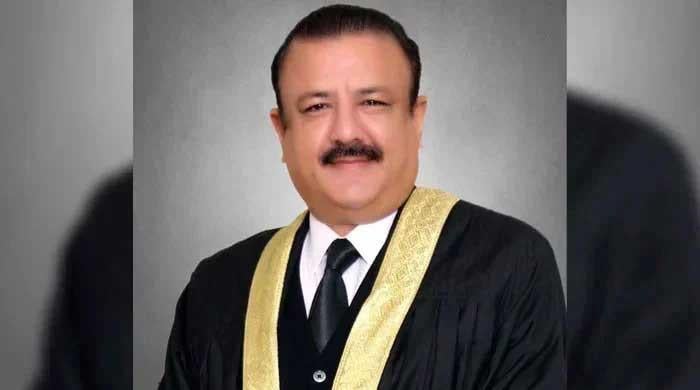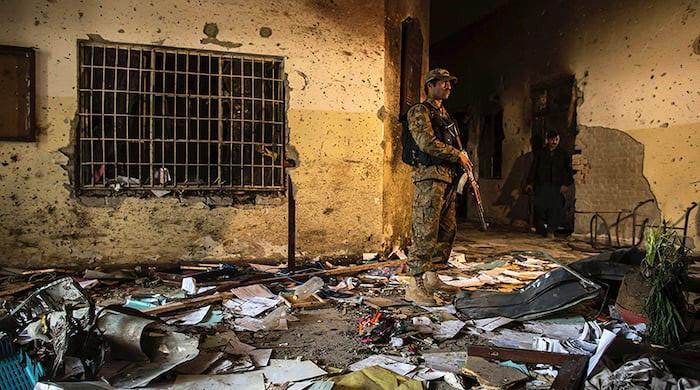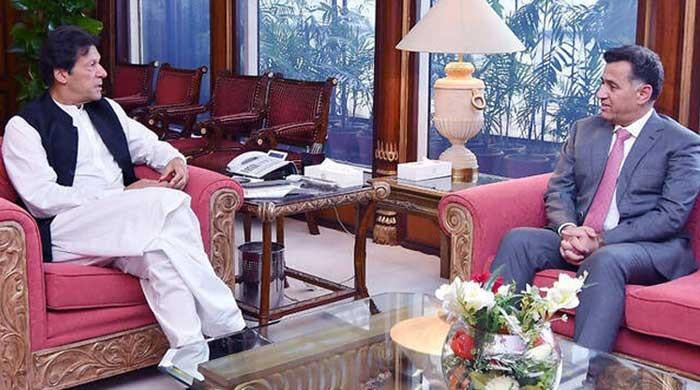Electing a chief minister in Punjab: Key highlights from LHC’s verdict
Lahore High Court directs Punjab Assembly to hold vote to elect new CM no later than April 16
April 15, 2022
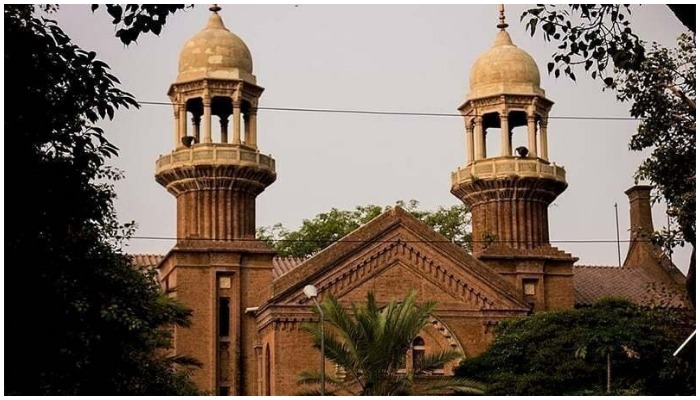
- LHC directs Punjab Assembly to hold voting before April 16.
- Voting was rescheduled on account of damage to Assembly hall allegedly by protesting Opposition lawmakers.
- Hamza Shehbaz took to LHC to avoid further delays.
The Lahore High Court (LHC) has directed the Punjab Assembly to hold a vote, no later than April 16, to elect a new chief minister of the province, as the office has been vacant since Usman Buzdar resigned on April 1.
The two candidates in the running for the top slot are PML-Q's Parvez Elahi, also the speaker of the Punjab Assembly, and PML-N’s Hamza Shehbaz.
The vote to elect a new chief minister was first scheduled on April 3 and then rescheduled to April 6, on account of damage to the Assembly hall allegedly by the protesting Opposition lawmakers. Then it was pushed once again to April 16.
In order to avoid further delays, Shehbaz, who is confident of a win, took the matter to the LHC which ruled that no member would be stopped from voting on the day of the vote, slated for Saturday morning.
Takeaways from the detailed judgment
- The Court noted that the session of the Punjab Assembly was adjourned from April 3 to April 6 “on account of unavoidable circumstances” but the specific cause was not provided to the Court.
- Article 130 of the Constitution clearly states that an election for the chief minister will be held at the earliest, the order reads.
- The Court further opined that without a Cabinet, the Punjab Assembly will not be able to perform its functions, and since the chief minister is the head of the cabinet, he/she must be elected without further loss of time “so that the government is functional”.
- On the question of the speaker withdrawing the powers of the deputy speaker, the Court ruled that the speaker cannot “take away or curtail any power of the Deputy Speaker to act as a Speaker” as per Article 53.
- Regarding a pending vote of no-confidence against the speaker and the deputy speaker, the Court added that since the law allows seven days for voting on a no-trust, the deputy speaker is allowed to preside over the election of the chief minister.
- As for the damage caused to the Punjab Assembly on April 3, the LHC stated that the registrar of the Court visited the Assembly hall and submitted his report. “According to that report, there was minor damage to some chairs and tables, which could have been repaired within the last 2/3 days but since 03.04.2022, no effort has been made by the Secretary. The inaction on his part, in this regard, being very unfortunate is regrettable.”
- As for whether courts can interfere in matters of the Assembly, the LHC quoted from the Supreme Court judgement passed last week, adding that if the LHC feels that the speaker went beyond his constitutional limit, the proceedings of the Assembly were reviewable.




